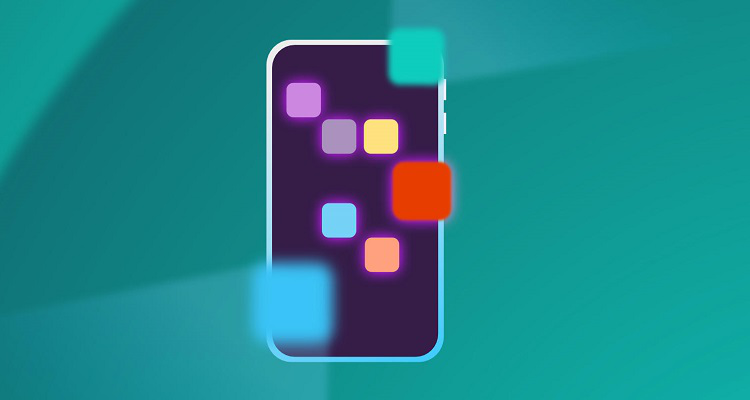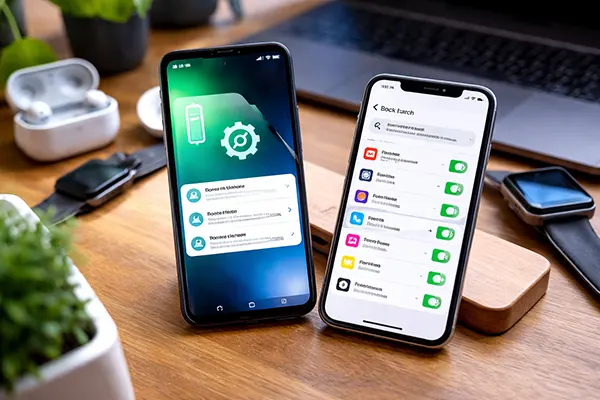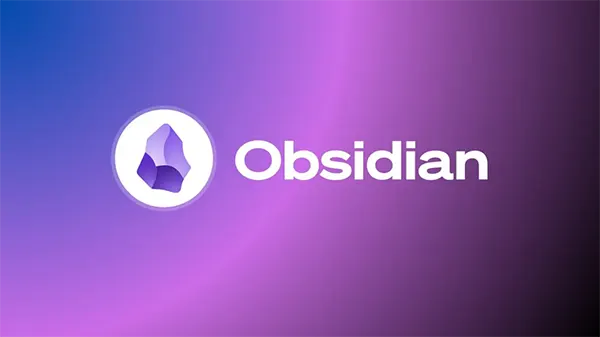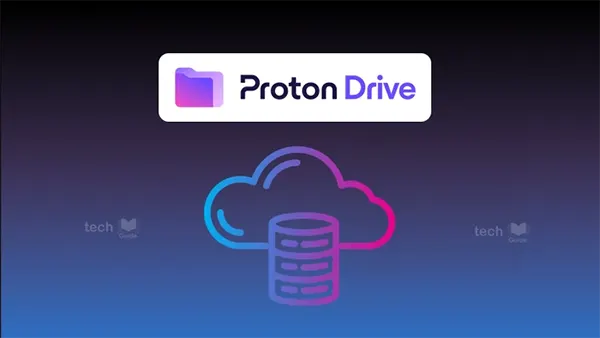The Path of Development in Mobile Apps

Mobile apps have become an integral part of our daily lives, providing a wide range of services – from communication and entertainment to financial transactions and education.
The Early Stages: From Simple Features to Games
The first mobile apps were simple and limited in functionality. They were mainly built-in programs such as a calendar, calculator, and contact list. These apps, developed for early mobile phones, had the main goal of making users’ lives more convenient by providing basic functions.
With the development of technology and the emergence of the first smartphones, a new stage in the history of mobile apps began. One of the first popular apps was the game Snake, released on Nokia mobile phones. This simple but addictive game showed that mobile devices could be not only a means of communication, but also a platform for entertainment.
The Age of Smartphones: Expanding Possibilities
The advent of early smartphones like the iPhone and Android devices ushered in a new era of mobile app development. These devices featured touchscreens, powerful processors, and internet connectivity, opening the door to more complex and powerful apps.
The introduction of Apple’s App Store in 2008 and Google Play (formerly Android Market) made it easy for developers to distribute their apps and for users to find and install them. This move was a key moment in the history of mobile apps, as it opened up millions of apps to a wider audience. Apps began to cover more areas of life, including social media, media, finance, healthcare, and more.

Current Trends: Integration of Artificial Intelligence and Cloud Technologies
In recent years, mobile apps have become even more integrated and powerful thanks to the introduction of artificial intelligence (AI) and cloud technologies. AI apps such as voice assistants (e.g. Siri, Google Assistant) have become commonplace, allowing users to interact with devices in a more natural and intuitive way.
Cloud technology has also played a major role, allowing apps to sync data across devices and provide access to information anywhere and anytime. This is especially important for apps that involve data management and collaboration, such as Google Docs and Microsoft Office.
The Future of Mobile Apps
The evolution of mobile apps continues, and the future promises to be exciting. Augmented and virtual reality technologies, as well as 5G networks, are expected to open up new possibilities for apps. These innovations will enable more immersive and interactive experiences, improving user interaction with the digital world.
In addition, the development of machine learning and data analytics will help create more personalized and intelligent apps that can better understand and predict user needs.
The evolution of mobile apps is an exciting story of constant development and innovation. From simple built-in programs to the complex ecosystems we use today, apps have come a long way. They have changed the way we communicate, work, learn, and play, becoming an integral part of modern life. In the future, mobile apps will continue to evolve, offering increasingly innovative and convenient solutions for users around the world.




